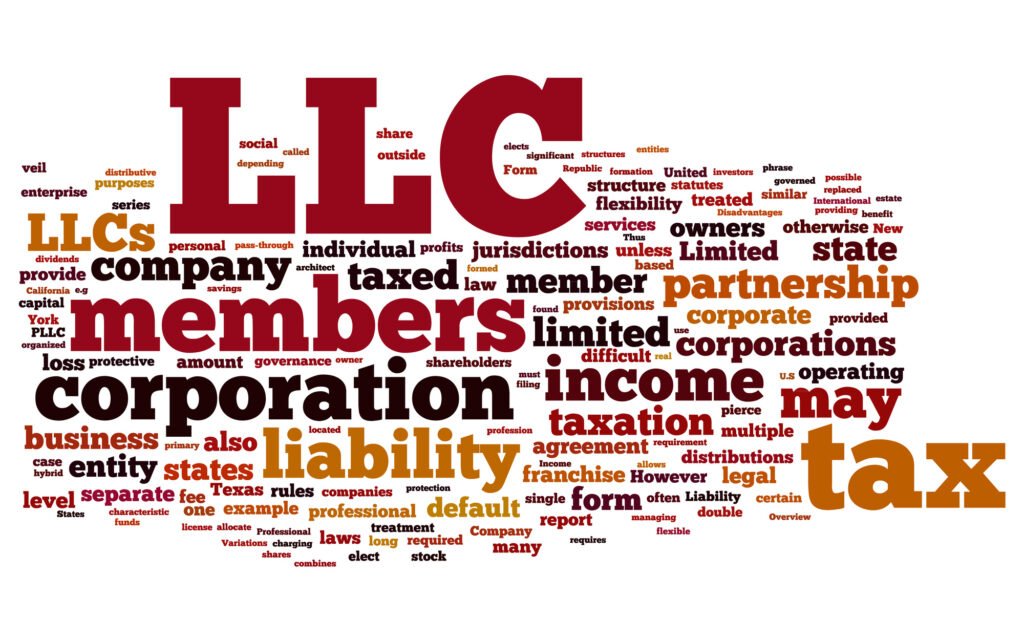
A business structure heavily impacts how organizations earn money, their taxes, the laws that apply to them, and their liabilities.
Besides sole proprietorships, most small businesses are formed as limited liability companies (LLCs). This is likely because of the structure’s benefits, including liability protection, reduced taxes, and management flexibility. On the other hand, an LLC has its specific downsides, which may make it less favorable if you have long-term business expansion plans.
Below, you’ll find the basics of LLC to help you understand how it works and determine whether it aligns with your entrepreneurial goals.
What Is An LLC?
Limited liability companies have the traits of corporations and sole proprietorships or partnerships.
Like corporations, an LLC is regarded as a separate legal entity from its owners and shareholders. Thus, in bankruptcy, creditors can only go after business assets rather than that of the members. On the other hand, like sole proprietorships or partnerships, LLC owners are subject to pass-through taxation, which means they don’t directly pay federal income taxes.
LLCs operate under state rules, which means the laws that cover them vary.
LLC owners are called members, who can be individuals, whether US or non-US citizens, foreign organizations, etc.

Articles Of Organization
Before getting a business license, an LLC must submit the articles of organization before local authorities.
Filing procedures and the information required in the document vary from state to state. Typically, they include the business name and address, the members’, managers’, and directors’ names and addresses, and the business purpose.
While relatively simple, hiring professional services may be in your best interest when forming an LLC. You can check out Northwest Registered Agent review and client assessments of similar companies to help you narrow down your options and ultimately find the best registered agent for your needs.
LLC Structures
An LLC company can have one owner or a few members. These are the primary LLC types allowed in some or most jurisdictions:
